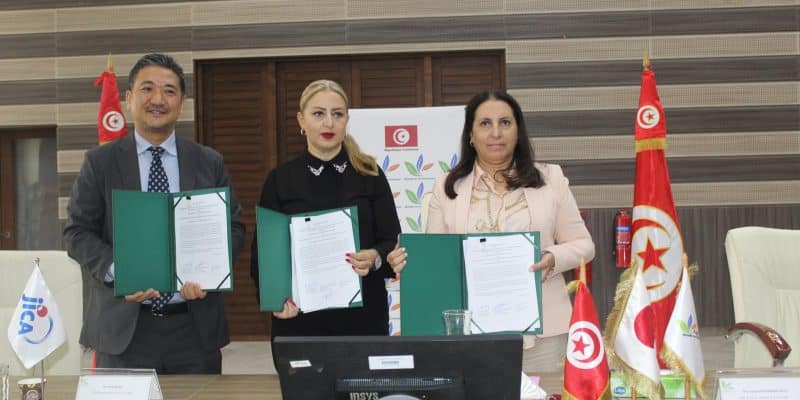Experts from 12 of the 54 African countries will soon be equipped to better manage solid waste. This will be in the framework of a three-year programme whose activities will start in 2023.
Training for proper solid waste management in Africa. This is the ambition of the International Centre for Environmental Technology in Tunis (CITET) and the Japan International Cooperation Agency, which have just signed a memorandum of understanding for the implementation the three-year capacity building programme in the field of waste management in African cities (2022-2025). The initiative, announced on the sidelines of the 8th Tokyo International Conference on African Development (TICAD 8), will start in 2023.
As each experience is unique, the programme will build on individual experiences to provide contextual solutions. In addition to institutions, Tunisian and Japanese experts, the programme will benefit from the expertise of the United Nations Human Settlements Programme (UN-Habitat) and the African Clean Cities Platform (ACCP).
Read also – AFRICA: States adopt new measures to combat waste pollution
On the continent, the countries most affected by pollution are in sub-Saharan Africa, according to a World Bank report, with a global production of 174 million tonnes of household waste in 2020. The same report estimates that the quantity of this waste will triple by 2050. It is therefore urgent to invest in the recovery of organic waste into fertiliser, biogas or the recycling of plastic waste. While countries are gradually adopting this circular economy approach, much remains to be done.
While waiting for the launch of the three-year capacity building programme in the field of waste management in African cities, awareness raising on the dangers of poor solid waste disposal is ongoing in Africa as well as recycling projects implemented by governments in partnership with private companies.
Inès Magoum






